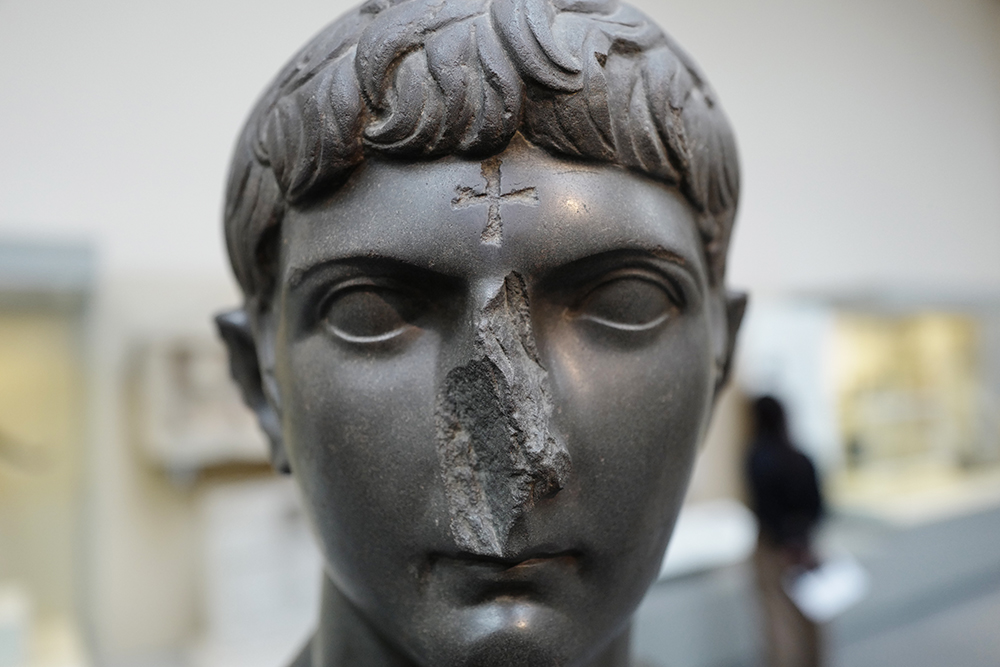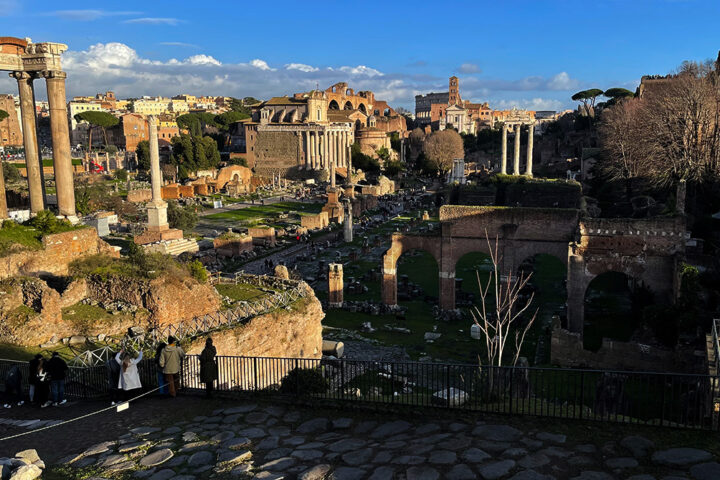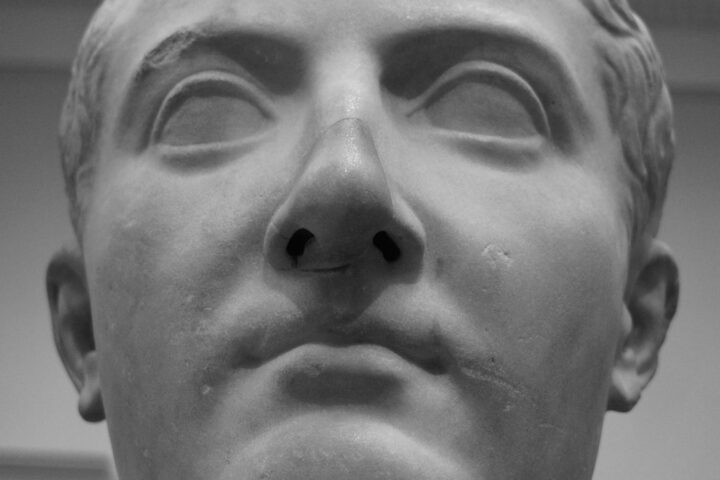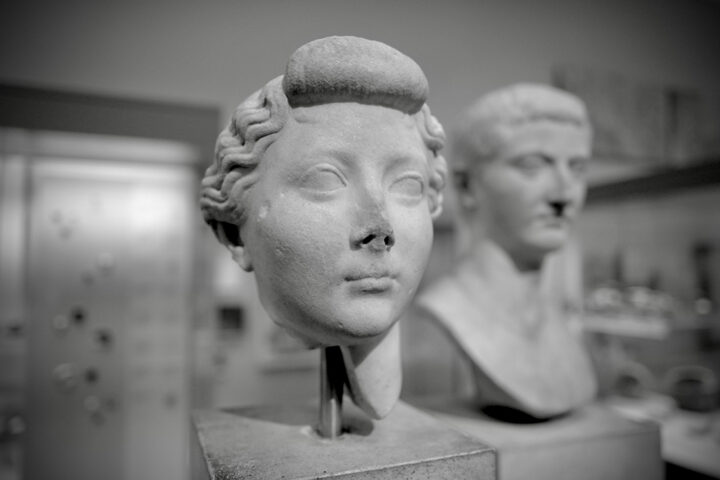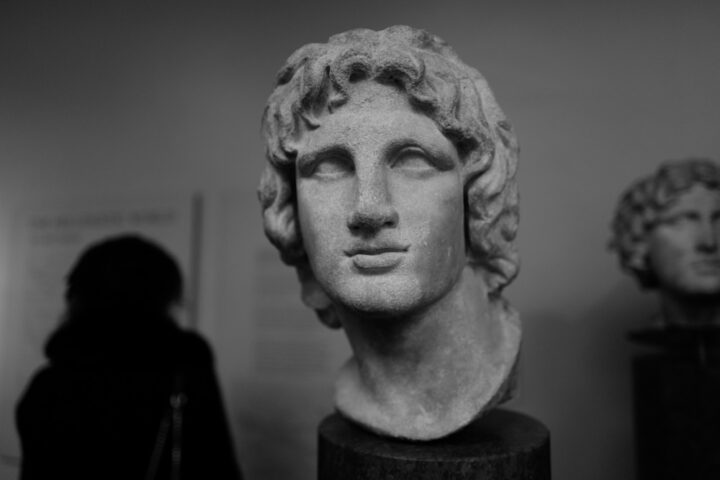The story of Germanicus has captivated the hearts and minds of history enthusiasts for centuries. As a distinguished Roman general, he possessed the qualities that could have indeed led him to greatness as Caesar if fate had not intervened prematurely.
Early Life and Rise to Prominence
Germanicus Julius Caesar, commonly known as Germanicus, was born in 15 BC into the prominent Claudian family in Rome. From a young age, he showed exceptional military prowess and leadership abilities. It was evident to all who knew him that he was destined for greatness in the Roman Empire. Germanicus embarked on a distinguished military career, serving under the command of his uncle, the Emperor Tiberius, and quickly rose through the ranks due to his astuteness in strategy and unwavering loyalty to the Empire.
Military Campaigns and Victories
Germanicus’s military campaigns were marked by resounding victories and notable achievements. He played a crucial role in securing the Roman Empire’s borders, particularly in the Germania region, where he earned the title “Germanicus” for his successes against Germanic tribes. His leadership on the battlefield was legendary, inspiring his troops to feats of valor and ensuring decisive victories in numerous battles. Germanicus’s military acumen and tactical brilliance were unmatched, earning him accolades and admiration from both his soldiers and superiors.
Intrigues and Political Machinations
Despite his sterling reputation and popularity among the people and the army, Germanicus faced political intrigue and machinations at the highest levels of Roman society. His uncle, Emperor Tiberius, grew increasingly wary of Germanicus’s growing influence and popularity with the Roman populace. This led to tensions between the two, with Tiberius perceiving Germanicus as a potential threat to his own power and authority. The political maneuvering and backstabbing within the imperial court posed a significant challenge to Germanicus’s ambitions and aspirations for higher office.
Tragic Demise and Legacy
The untimely death of Germanicus at the young age of 33 sent shockwaves throughout the Roman Empire. While the exact circumstances surrounding his death remain shrouded in mystery and speculation, many believe that foul play was involved, orchestrated by political rivals seeking to eliminate a formidable adversary. Germanicus’s premature demise cut short a promising career and deprived Rome of a leader who could have potentially risen to the highest echelons of power as Caesar. His funeral was a grand affair, with thousands mourning the loss of a beloved hero and noble statesman.
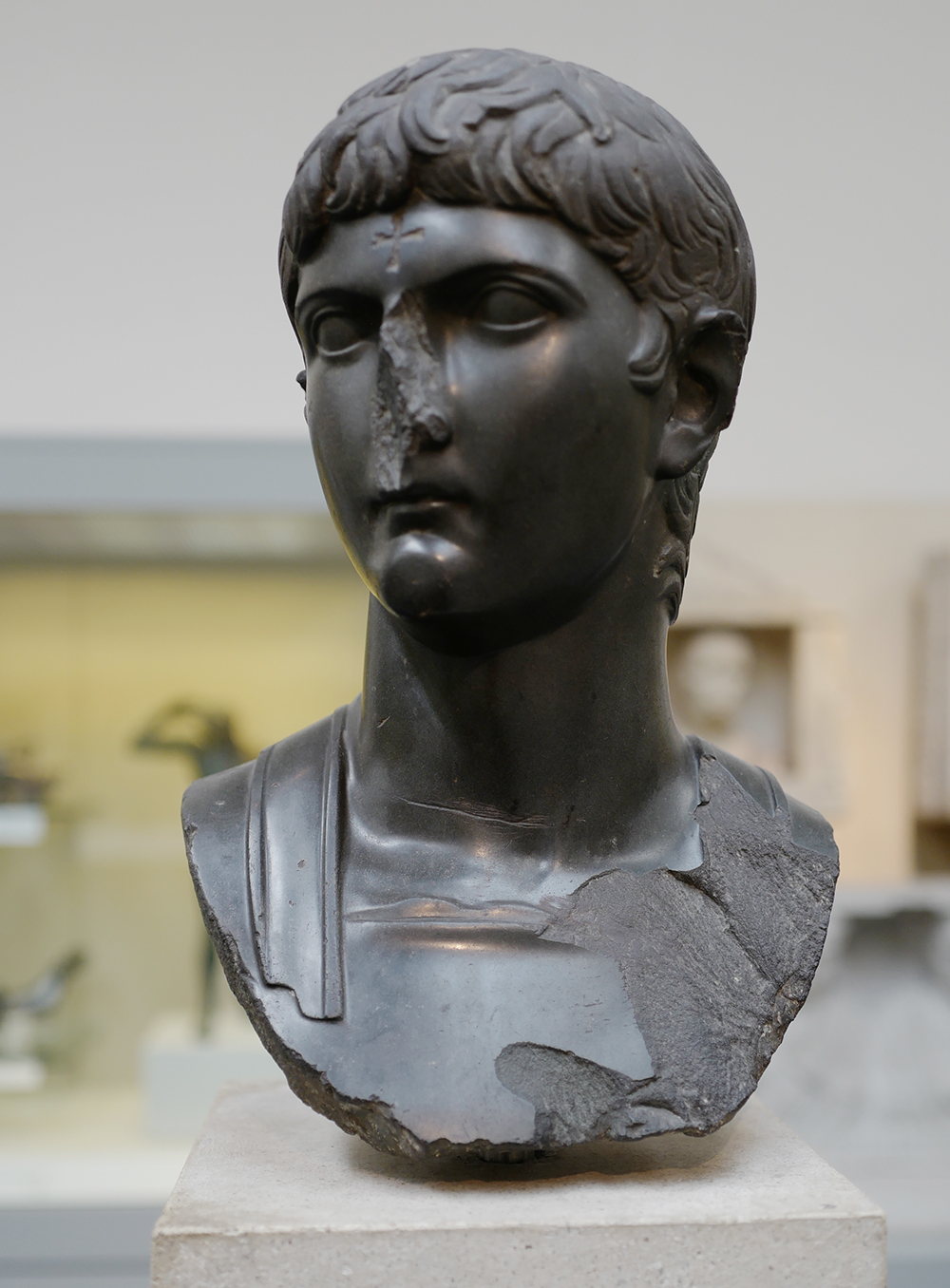
Remembering Germanicus: Tributes and Memorials
In the years following his death, Germanicus’s memory lived on in the hearts of the Roman people, who immortalized him in various tributes and memorials. Temples, statues, and inscriptions were dedicated to his honor, commemorating his valor, integrity, and unwavering commitment to the Roman ideals of duty and honor. Germanicus became a symbol of hope and inspiration for future generations of Romans, a shining example of courage and virtue in the face of adversity.
The story of Germanicus is a poignant reminder of the fragility of life and the transient nature of power and glory. Despite his premature departure from this world, Germanicus’s legacy endures as a testament to the enduring values of bravery, loyalty, and selflessness. His indelible mark on Roman history serves as a beacon of inspiration for all who aspire to greatness and virtue in their own lives. Let us continue to honor the memory of Germanicus, the Roman general who could have become a great Caesar, and draw strength from his legacy of courage and honor.


